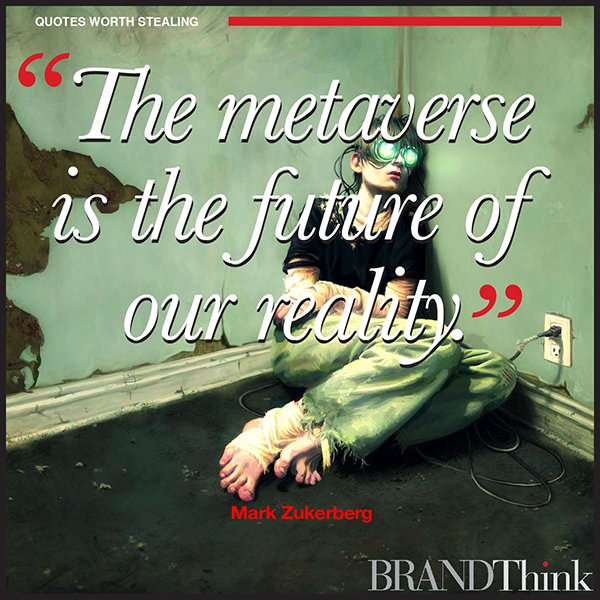Ah… no. Not so fast.
While there is something exciting about the concept of a metaverse, it is, at the same time, deeply disturbing. If you watched Zuckerberg’s video on Meta’s vision for humanity, then you might feel similarly. And in truth, it remains only a concept. (It is, however, a clever and timely diversion for Mr. Zuckerberg.)
Let’s acknowledge that, for the foreseeable future and given the digital divide, the metaverse will not even be understandable, let alone accessible, for a vast majority of the population. It’s hard to imagine that avatar interaction can supplant human interaction. Especially given the technical limitations… are we all going to wear an Oculus headset all the time? It’s just not viable. Fantasy, yes. Viable, no.
Former Google CEO Eric Schmidt told the New York Times that, “Meta's metaverse would be a massive factor in replacing human relationships. Not only would it threaten or endanger human interaction, but it could contribute to people choosing more of the AR world rather than the real world outside the lenses.”
Elizabeth A. Segal, Ph.D., a professor in the School of Social Work at Arizona State University is clear regarding Meta’s metaverse, “Metaverse cannot replace real human connections. People benefit from technology to stay connected with others, but there are limits to how well it can build human connections. Metaverse should not be confused with real human connections.”
Proceed with caution.

